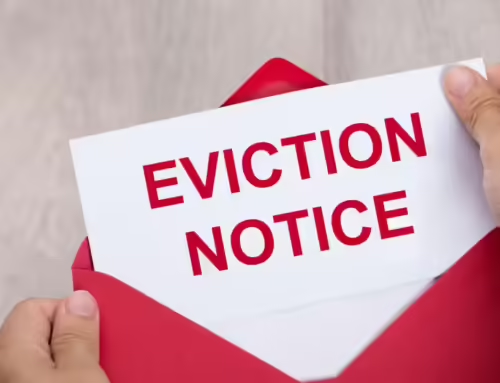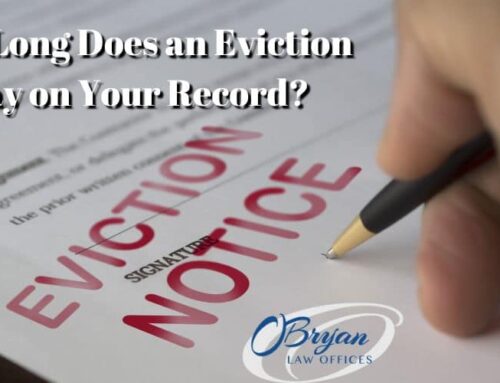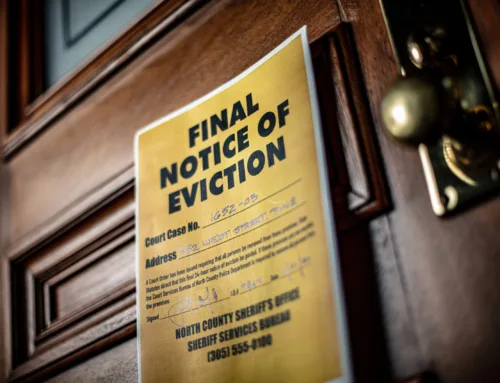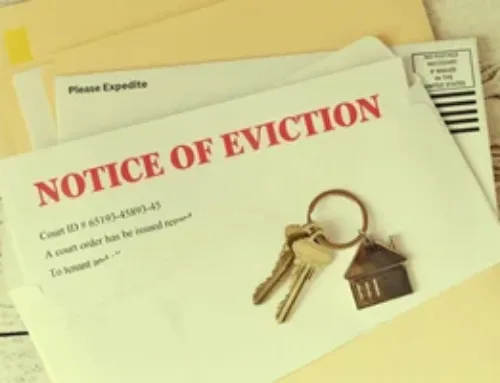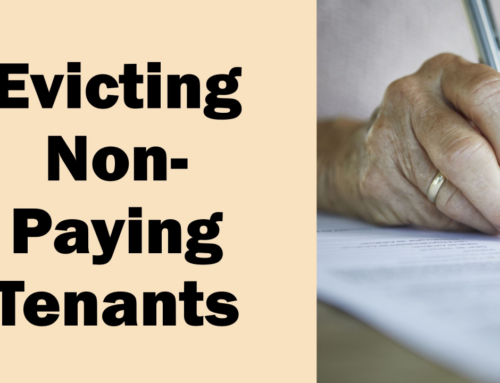Evictions are a complex and often contentious aspect of the landlord-tenant relationship. Navigating the eviction process requires an understanding of local laws and regulations, which can vary significantly from one jurisdiction to another. Knowing the legal landscape can help landlords protect their rights while ensuring they comply with all relevant laws. This blog will provide a comprehensive overview of key aspects of eviction laws, including common regulations, the eviction process, and tips for landlords to stay compliant.
Key Aspects of Eviction Laws
1. Grounds for Eviction
Local laws outline specific grounds on which a landlord can initiate an eviction. Common grounds include:
- Non-Payment of Rent: If a tenant fails to pay rent on time, landlords can begin the eviction process.
- Lease Violations: Breaching terms of the lease agreement, such as unauthorized pets or subletting without permission, can lead to eviction.
- Property Damage: Causing significant damage to the property can be grounds for eviction.
- Illegal Activity: Engaging in illegal activities on the premises, such as drug dealing, can result in immediate eviction.
2. Notice Requirements
Before proceeding with an eviction, landlords must provide tenants with written notice. The type of notice required and the notice period can vary based on local laws:
- Pay or Quit Notice: This notice gives tenants a specific timeframe to pay overdue rent or vacate the property.
- Cure or Quit Notice: This notice informs tenants of lease violations, providing them with time to correct the issue.
- Unconditional Quit Notice: This notice demands that tenants vacate the property without the opportunity to remedy the situation. It’s typically used for severe violations.
3. The Eviction Process
The eviction process typically follows several steps, which may include:
- Filing a Lawsuit: If tenants do not comply with the notice, landlords can file an eviction lawsuit, often called an unlawful detainer action.
- Court Hearing: A court hearing will be scheduled where both parties can present their case. It’s essential for landlords to have all relevant documentation ready.
- Judgment: If the court rules in favor of the landlord, a judgment will be issued, allowing the landlord to proceed with the eviction.
- Writ of Possession: Following the judgment, landlords can obtain a writ of possession, allowing law enforcement to remove the tenant if they do not vacate voluntarily.
4. Tenant Rights
Understanding tenant rights is equally important for landlords. Many jurisdictions have laws in place to protect tenants from unfair eviction practices, including:
- Right to a Fair Hearing: Tenants have the right to present their case in court and defend against eviction claims.
- Protection Against Retaliation: Landlords cannot evict tenants in retaliation for exercising their legal rights, such as reporting code violations.
- Privacy Rights: Tenants have the right to privacy, and landlords cannot enter the property without proper notice.
Tips for Landlords
To ensure compliance with local eviction laws, landlords should consider the following tips:
- Research Local Laws: Familiarize yourself with state and local eviction laws, as they can vary significantly. Local housing authorities or legal resources can provide valuable information.
- Keep Thorough Documentation: Maintain detailed records of all communications with tenants, including notices, rent payments, and lease agreements. This documentation can be crucial in case of legal disputes.
- Consult Legal Professionals: If you are uncertain about any aspect of the eviction process or local regulations, seek legal counsel. An attorney can help navigate the complexities of eviction laws and protect your rights.
- Consider Alternatives to Eviction: Whenever possible, explore alternatives to eviction, such as mediation or payment plans. This approach can help preserve relationships and minimize costs.
Conclusion
Understanding local laws and regulations governing evictions is crucial for landlords to effectively manage their properties and avoid legal pitfalls. By familiarizing themselves with the grounds for eviction, notice requirements, and tenant rights, landlords can navigate the eviction process more smoothly and ensure compliance with all relevant laws. With proper preparation and understanding, landlords can protect their interests while treating tenants fairly.Need cash fast? Sell your house or abandoned property today! Get a fair cash offer in just 24 hours. CONTACT US for more info. Check our blog for more info. How to successfully evict a tenant tips for landlords?
FAQs
Q: What is the difference between an eviction notice and a court summons?
A: An eviction notice is a written notification to the tenant about the landlord’s intent to evict, often requiring the tenant to remedy the situation or vacate. A court summons is a legal document issued by the court that notifies the tenant of an eviction lawsuit and the date of the court hearing.
Q: How long does the eviction process take?
A: The duration of the eviction process can vary widely depending on local laws and court schedules. Generally, it can take anywhere from a few weeks to several months to complete the process.
Q: Can a landlord evict a tenant during the winter months?
A: Many jurisdictions have laws in place that protect tenants from eviction during extreme weather conditions, particularly in winter. Landlords should check local laws to ensure compliance.
Q: What should a landlord do if a tenant refuses to leave after an eviction notice?
A: If a tenant refuses to vacate, the landlord must follow legal procedures and file an eviction lawsuit. Self-help measures, such as changing locks or removing a tenant’s belongings, are illegal and can lead to legal repercussions.
Q: Are there any costs associated with the eviction process?
A: Yes, landlords may incur costs associated with court fees, attorney fees, and potential loss of rent during the eviction process. It’s important to budget for these expenses.
By understanding local laws and regulations surrounding evictions, landlords can take informed actions to protect their rights and maintain a positive rental experience.




